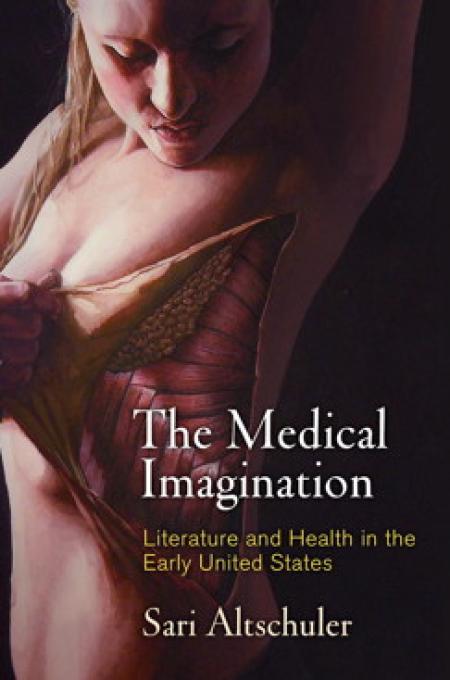
American Antiquarian Society
185 Salisbury Street
Worcester, MA 01609
United States
Cosponsored by the Franklin M. Loew Lecture Series at Becker College
In 1872, Ralph Waldo Emerson wrote, "Science does not know its debt to imagination," words that still ring true in the worlds of health and healthcare today. The checklists and clinical algorithms of modern medicine leave little space for imagination, and yet we depend on creativity for the advancement of medicine—to diagnose unusual conditions, to innovate treatment, and to make groundbreaking discoveries. We know a great deal about the empirical aspects of medicine, but we know far less about what the medical imagination is, what it does, how it works, or how we might train it. It was not always so. Sari Altschuler will return to AAS to discuss her new book on the history of the medical imagination. During the eighteenth and nineteenth centuries in the United States, doctors understood the imagination to be directly connected to health, intimately involved in healing, and central to medical discovery. Literature in particular provided physicians and other health writers important forms for crafting, testing, and implementing theories of health. Reading and writing poetry trained judgment, cultivated inventiveness, sharpened observation, and supplied evidence for medical research, while novels and short stories offered new perspectives and sites for experimenting with original medical theories. Health research and practice relied on a broader complex of knowing, in which imagination often worked with and alongside observation, experience, and empirical research. In reframing the historical relationship between literature and health, The Medical Imagination provides a usable past for contemporary conversations about the roles of the imagination and the humanities in health research and practice today.
Sari Altschuler is assistant professor of English and associate director of the Humanities Center at Northeastern University. Her research focuses primarily on American literature and culture before 1865, literature and medicine, disability studies, and the health humanities, broadly understood. Her book The Medical Imagination: Literature and Health in the Early United States has just been published by the University of Pennsylvania Press.